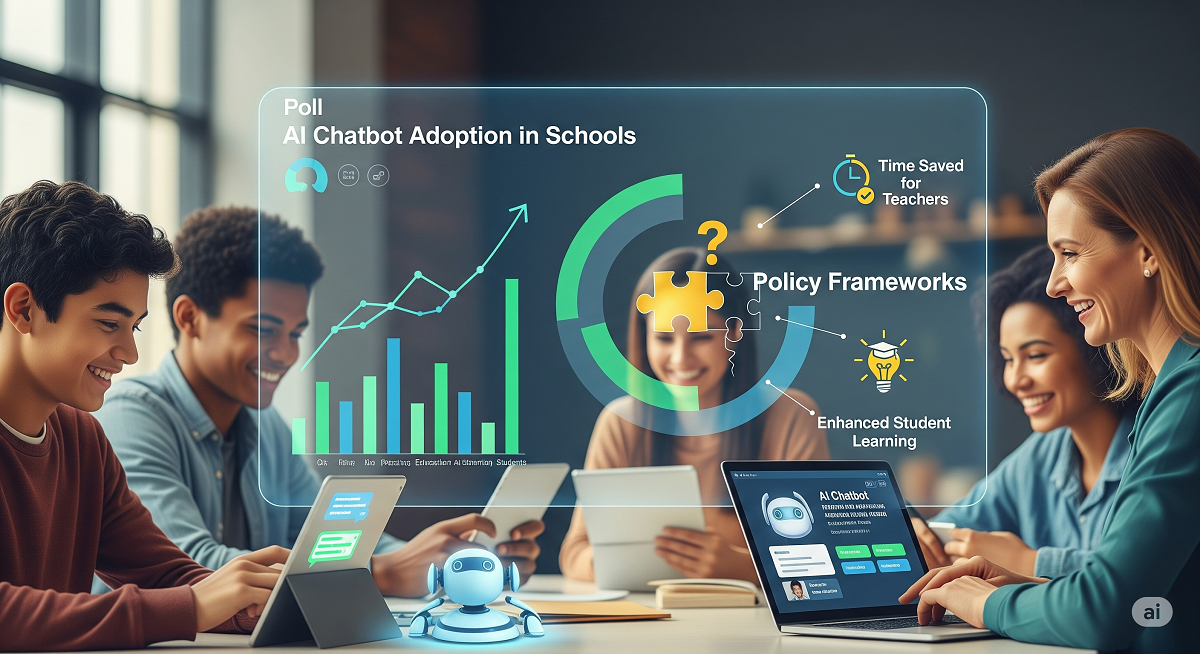Understanding the Expertise Reversal Effect In Students | by a SuperProf CS Tutor
Understanding the Expertise Reversal Effect: What Educators Need to Know About Online Learning
Online education offers incredible opportunities but also unique challenges—especially when it comes to meeting the needs of students with varying levels of prior knowledge. One key concept that sheds light on this challenge is the expertise reversal effect.
What is the Expertise Reversal Effect?
The expertise reversal effect occurs when instructional methods that work well for novices become ineffective or even counterproductive for more experienced learners. In other words, students who already understand much of the material might learn more slowly or less effectively than beginners if the course content is too basic or repetitive.
Imagine two learners starting an online course on a new topic. The novice begins with little or no background knowledge and quickly picks up foundational concepts. Meanwhile, the expert already knows many of these basics and may become bored, distracted, or frustrated if the course does not offer fresh insights. As a result, by the end of the course, the novice might outperform the expert!
Why Starting a Lesson by Sharing Objectives Isn’t Always Best
Traditional teaching advice often emphasizes starting lessons by clearly stating learning objectives. However, this approach can backfire in online environments. When students immediately know exactly what to expect, especially if they are experts or semi-experts, they might predict the lesson’s content and tune out. This predictability can reduce engagement and motivation.
Furthermore, learners with varied backgrounds respond differently to the same cues. While novices might benefit from clear guidance, experienced learners might find it redundant or boring.
How Online Learning Magnifies These Challenges
Online courses tend to magnify whatever is good or bad about a teaching approach. Because students are more “free” to skip content, an expert learner might skip over key information—sometimes missing new or corrective insights. Also, students with some prior knowledge might hold misconceptions, making it harder for them to absorb new material correctly.
What Can Educators Do?
To tackle the expertise reversal effect, educators and course designers can:
-
Avoid one-size-fits-all approaches: Tailor content to different learner groups.
-
Use adaptive learning paths: Provide optional advanced materials for experts.
-
Incorporate curiosity and surprise: Engage all learners by sparking interest early on.
-
Include formative assessments: Help learners self-identify gaps in knowledge.
-
Avoid overly repetitive content: Especially for students who already have a solid foundation.
Final Thoughts
Understanding the expertise reversal effect helps educators design more effective and engaging online courses. By recognizing the diverse needs of learners—from novices to experts—and adjusting strategies accordingly, we can improve learning outcomes for everyone.
Hi, I’m Ahmed Elmalla, founder of Learn with Kemo, a trusted Computer Science tutoring service. With 19+ years of experience and certifications from top universities, I specialize in tutoring students in Java programming, AP CS A, and IGCSE Computer Science.
Whether you’re looking for exam prep, coding projects, or personalized tutoring, I’m here to help you succeed. Book your free 30-minute trial session today!





